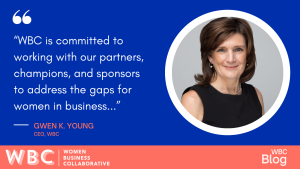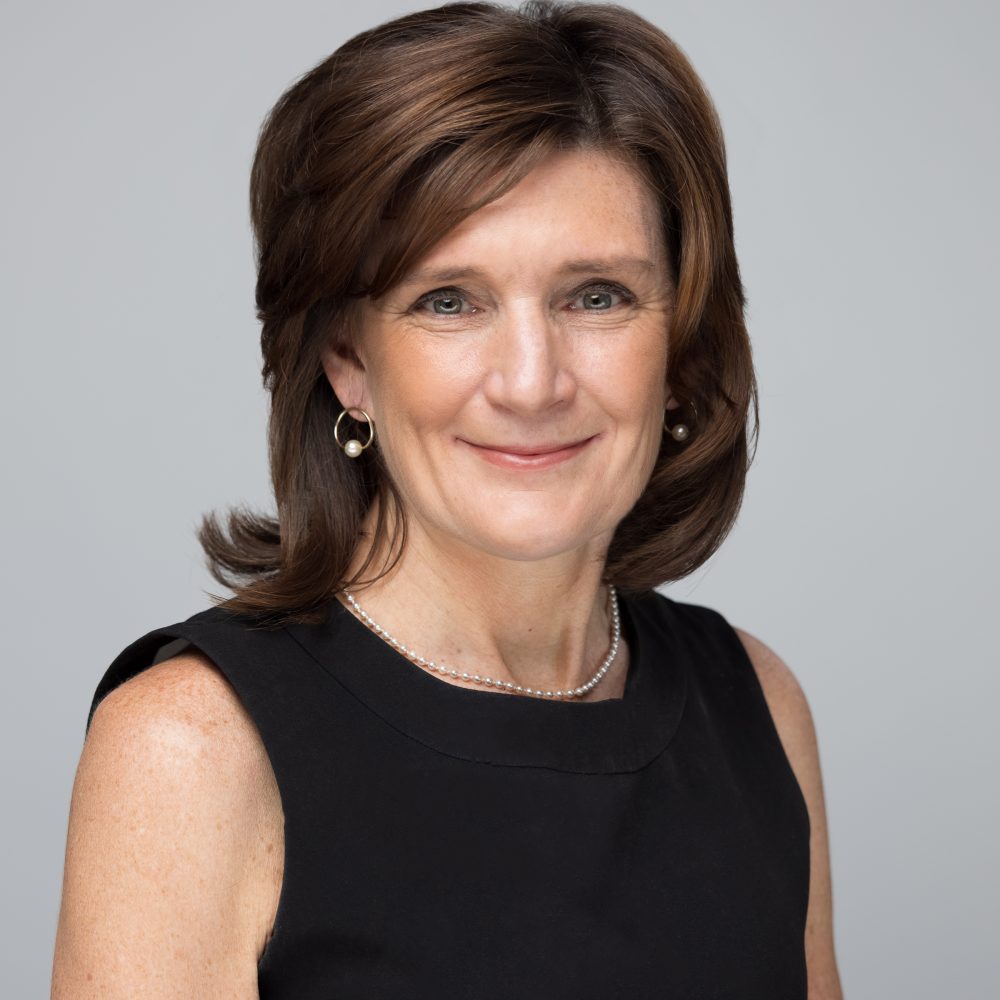
Global trade is part of the fabric of our everyday business life and plays a major role in economic growth. International trade organizations grow faster, pay higher salaries, and provide greater profits than many non-exporting firms. Lately, trade has become vulnerable, however, from COVID, to the war in Ukraine, to a stalled ship in the Panama Canal, and, as this is being posted, from shipping vessels coming under attack in the Red Sea.
No doubt about it: global trade is taking some hard hits After 75 years of careful work to ensure the smooth exchange of goods across the globe, the World Trade Organization has begun to feel shock waves as strong forces of protectionism sweep into politics and boardrooms.
Instead of pulling back and retrenching, corporations and governments need to reimagine how trade can and should look to ensure a prosperous, inclusive trade environment for everyone. One of the keys to a new and robust approach to international trade is to ensure the inclusion of women — women in leadership, women as part of value chains, women as part of the workforce, and women in government. By treating the needs of women as part of good business, and by creating greater opportunities for women to achieve equity and equality in business and government, I see a brighter future, one of peace, stability, and prosperity.
Women-owned businesses are critical to GDP. Women-owned businesses continue to fuel the economy, representing 39.1% of all businesses – over 14 million – employing 12.2 million workers and generating $2.7 trillion in revenue. According to the 2024 Wells Fargo Impact of Women-Owned Business Report done in partnership with Ventureneer, CoreWoman, and Women Impacting Public Policy (WIPP), the number of women-owned businesses between 2019 and 2023 increased at nearly double the rate of those owned by men; and from 2022 to 2023, the rate of growth increased to 4.5 times.
There are fewer women-owned businesses engaged in trade, however than businesses owned by men. Some of the reasons have to do with the industries—women are more likely to own service businesses that do not easily translate to international trade—but some of the reasons cannot simply be explained by sector, age, or size. The barriers include poor access to finance and networks and not enough women’s leadership across all industries. We will see success when women are well-represented in trade and are part of the broader supply chain.
WBC is committed to working with our partners, champions, and sponsors to address the gaps for women in business, and the good news is that some of the reasons we see fewer women in trade come from systemic barriers that can be addressed by targeted interventions: 1) structuring better policies to help women embark in global trade; 2) increasing internet access, especially in rural areas, as online platforms play a significant role in global trade,3) increasing access to capital and trade financing; 4) ensuring that women are included in trade networks. With strategic interventions, advocacy, and policy reforms, we can change the face of international trade and include more women.
The profound disruptions of just the last few years highlight that business as usual doesn’t work anymore. By expanding opportunities, including women at all levels of government and business, and by ensuring that there are policies and practices that provide economic empowerment for women, there is the chance to build on the lessons from the past and create stronger, more inclusive trade that uplifts everyone.



